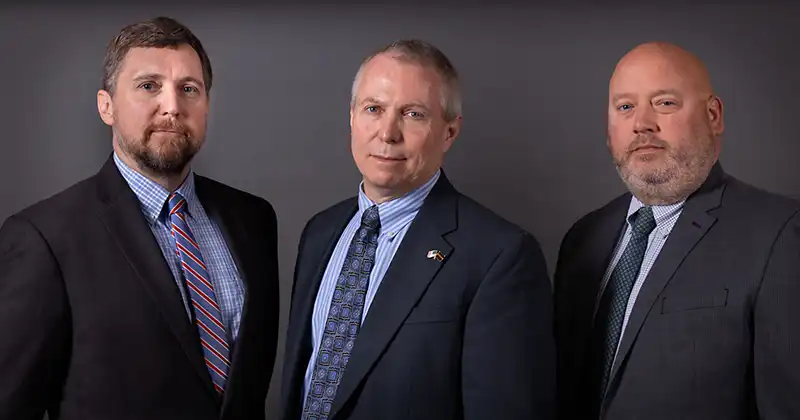The Honorable Mary Margaret Rowlands has been a trial court judge in the Summit County Court of Common Pleas since 2008. She recently issued a decision that is now before the Ohio Supreme Court and has managed to rile up the insurance companies quite a bit.
Boiled down, what is at stake is a simple question: If you go out and spend your dollars to acquire health insurance, does a drunk driver who has injured you then get to use your health insurance to reduce his responsibility?
The answer, until recently, was no. Lawyers refer to this, rather cumbersomely, as the “collateral source rule.” The Ohio Supreme Court described it as “the judicial refusal to credit to the benefit of the wrongdoer money or services received in compensation of the injury from sources other than the wrongdoer.” Under more recent Ohio Supreme Court rulings, the existence of health insurance reductions are now going to the jury in trials across Ohio, but Plaintiffs are still strictly forbidden from ever mentioning to the jury that the wrongdoer has insurance. (Funny how that works.)
What’s more, this has proven to be a confusing quagmire for the judge, jury, and parties. Why was a particular medical bill reduced? Why was this bill reduced more than that bill? How much premium did the plaintiff pay to obtain the health insurance? How many months or years of premium payments should the judge allow into evidence?
Accordingly, Judge Rowlands, in a recent case, ruled that a defendant would have to present expert testimony explaining how the reductions help the jury understand the reasonable value of the medical treatment, and that without this further supporting evidence, the write-off amounts would not be admissible. The Defendant appealed, but the Court of Appeals agreed with Judge Rowlands.
The answer to this question has a significant effect on an individual verdict, so it is important to everyday citizens. But it means literally millions of dollars to the insurance industry, as they not only use this to heavily discount verdicts, but to lower offers on all claims across the board. It is actually quite a courageous act for a jurist, like Judge Rowlands, to stand up to this pressure and forthrightly require insurance companies to actually try to explain all this to a jury if they want to save money at the expense of an injured party.
This case is now before the Ohio Supreme Court, and it is expected to be decided as soon as this summer.

